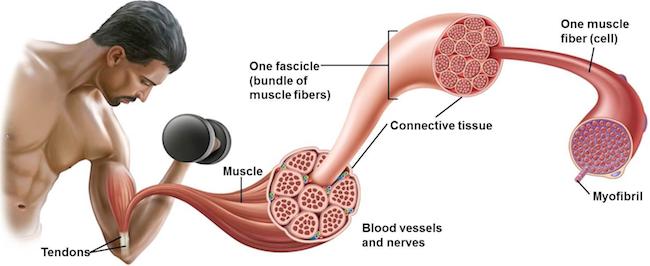Performance-enhancing drugs are a thing of the past; genetic doping for achieving glory is the future. Genetic engineering has always been a subject of controversy, for some acknowledge its scientific benefits, while others believe that it jeopardizes ethic principles. Recently, many have commented on its potential role on future sports. Genetic engineering could become a pristine way for athletes to cheat. Instead of doping through performance-enhancing drugs, athletes could undergo genetic doping for greater results.
The rewriting of an athlete’s genetic code can be accomplished either through genetic modification or gene editing. The former focuses on the addition of an organism’s genes to another’s. This technique allows selected individual genes to be transferred from one organism into another and also between non-related species. Scientists would be able to alter an athlete’s genes by simply instructing a virus to inject certain genetic material that encourages a beneficial trait, such as the efficient delivery of oxygen. The other technique, gene editing, involves the direct cutting and pasting of genes already forming part of the organism’s genome. It is usually achieved in the lab using engineered nucleases also known as molecular scissors. Either of these two bioengineering methods would be advantageous for the athlete, for it would be difficult for them to be accused of cheating. Athletes would be able to undergo several procedures of genetic manipulation without being caught by the sport officials.

However, many people are not content with the idea of editing an athlete’s genes to improve performance. They claim that it would not only augment cheating in sports, but would also clash against human natural selection. Choices of nature should be respected by humans; therefore, an individual’s genome should not be artificially altered for no valid reason. Ethicality is what drives the opposers to dispute that this technology erroneous. Additional statements against genetic engineering in sports have arisen, mentioning that this technology would annihilate sports’ aesthetics. The beauty of competing would perish, for it would become a battle of who has performed the most artificial alterations in his/her genome. The essence of hard work and determination would dwindle. Athletes’ talents would be derided, as well as the gratifying difficulty of the athletics. The aesthetics of a sport is what attracts its viewers; therefore, by implementing genetic engineering on athletes, viewers would be less lured into the competition.
The 21st-century society has sought innovation in pragmatic matters, and has therefore found revolutionizing methods of yielding genetically-enhanced athletes. Nonetheless, this idea may never be put into practice, for many consider it to be ethically incorrect. Rewriting athletes’ gene codes in a few years seems feasible, but it will definitely be philosophically questioned by many.
Victor Castillo 12A
